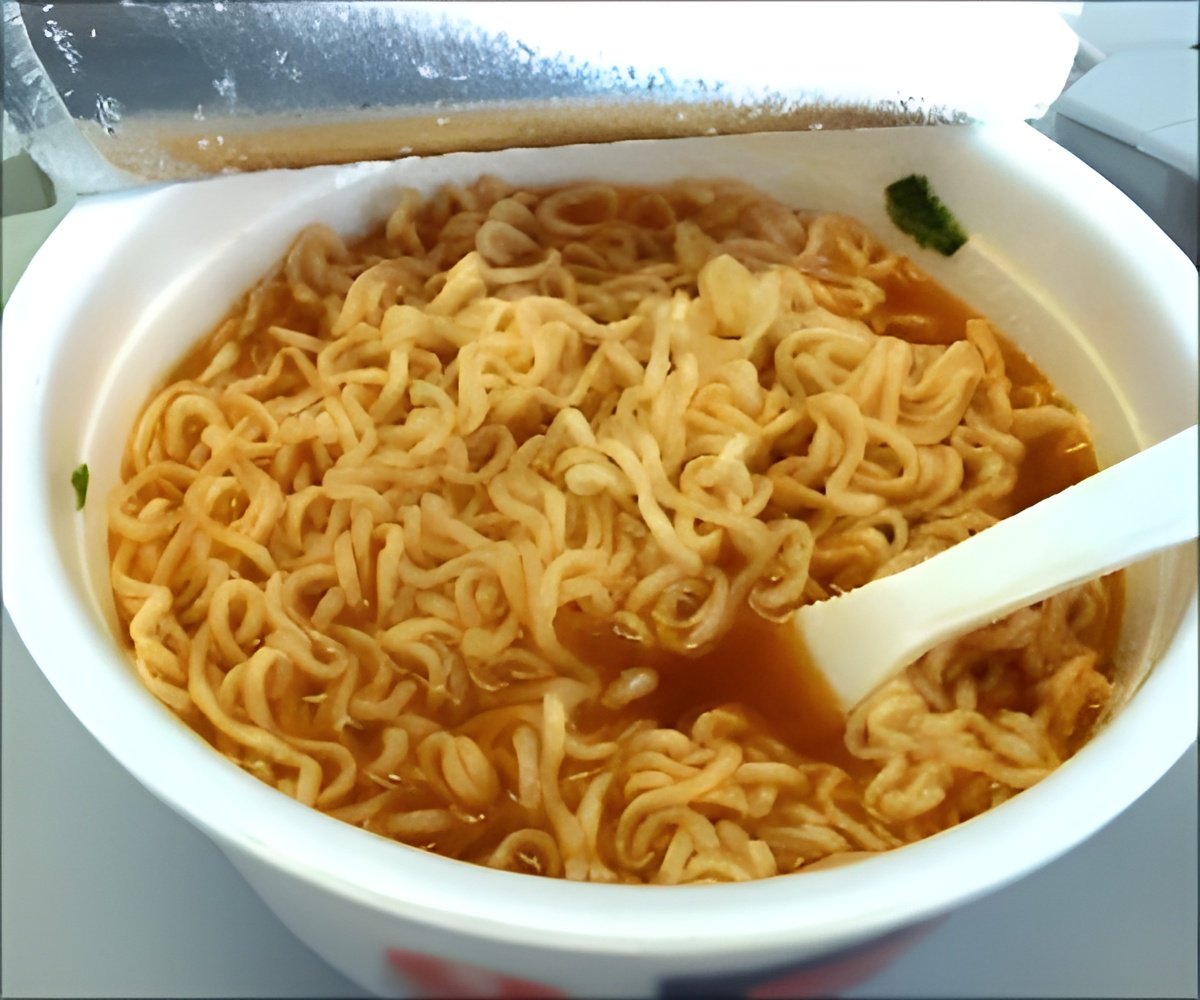
Deborah Gewertz said that as a protean food designed for quotidian consumption, instant noodles have already shown a remarkable capacity to ease themselves into diverse lives.
She said that they expect that the calories provided by the tasty, convenient, cheap, shelf-stable, industrially prepared instant noodles will remain important as food becomes scarcer in the future.
Gewertz and co-authors Frederick Errington, Distinguished Professor of Anthropology, Emeritus, at Trinity College in Hartford, Conn., and Tatsuro Fujikura, professor at the Graduate School of Asian and African Area Studies at Kyoto University and a member of Amherst's Class of 1991, describe the biophysiology of human taste, provide insight into how marketers penetrate new markets with industrial foods and analyze what it takes to feed billions of people.
To understand better the impact that instant noodles have had on the world's diverse populations, the authors homed in on three markets. In Japan, instant noodles were invented in 1958 and 'received their greatest embellishment.'
The Noodle Narratives traces their transformation from a sign of modernity in the country in the decades following World War II to a convenient snack today. The book also describes how, after the Japanese market became fully saturated, manufacturers endlessly tweaked their flavours, toppings and packaging in order to entice consumers.
Advertisement
The noodles, the authors observe, are transforming the poor into aspiring consumers of modern goods.
Advertisement








